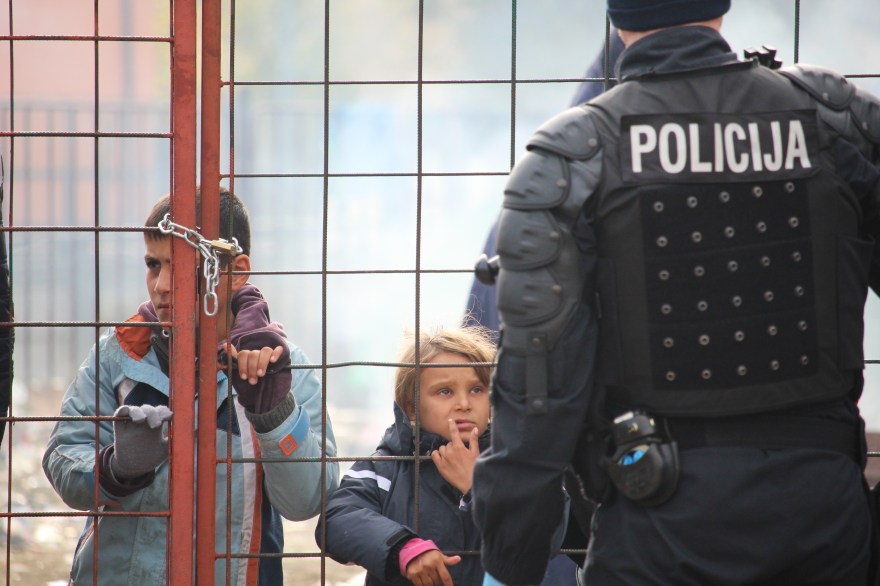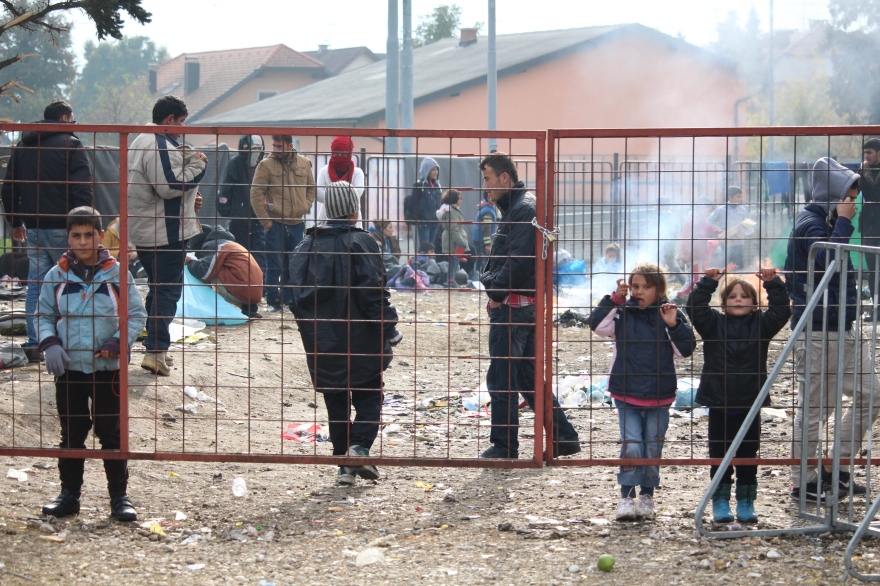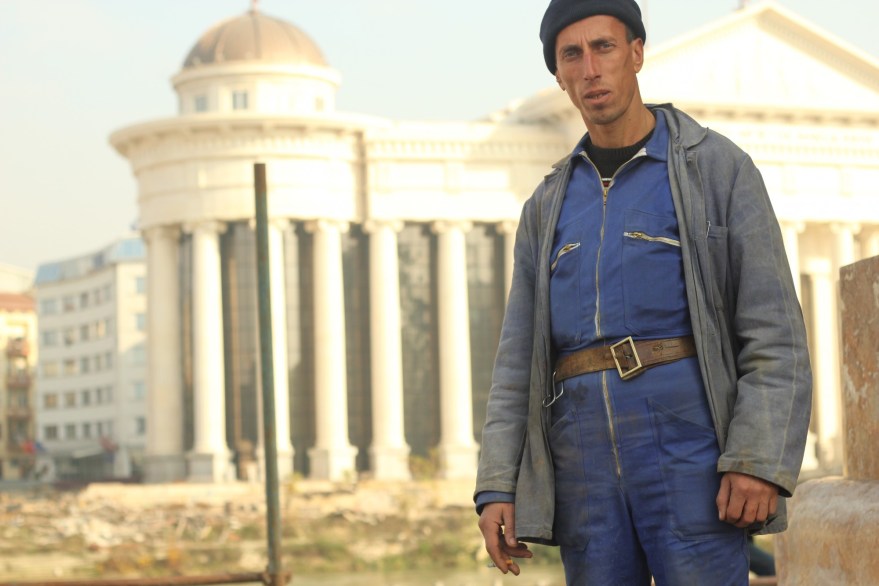Questa settimana una rivista polacca, Wsieci, ha causato forti polemiche pubblicato una copertina con titolo “L’Europa stuprata dall’Islam”, con un’immagine che ricorda molto alla propaganda fascista – una donna bionda avvolta in bandiera UE assalita da mani maschili di carnagione scura. I fascismi di oggi non si presentano (per forza) in camicia nera, per cui spesso si rischia di farli passare per altro – motivo per cui scelgo l’identikit del fascista di Umberto Eco come modo per ricordare lo scrittore scomparso questa notte che da sempre mi sarebbe piaciuto intervistare. Il testo sotto è tratto dal breve saggio Il Fascismo Eterno (Umberto Eco, 1995).
Eco scriveva: Continue reading “Umberto Eco: come riconoscere il fascismo”











 [Read this article in
[Read this article in